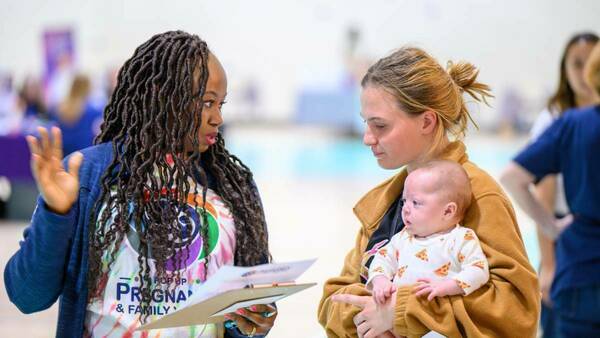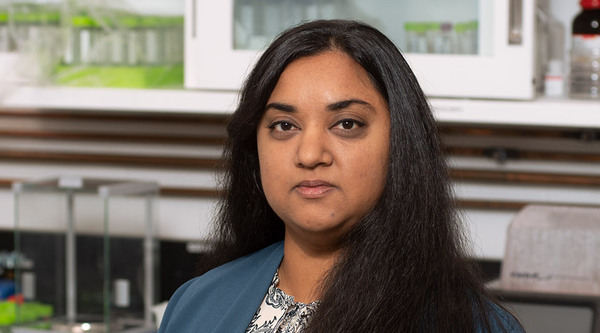Research Project Outcomes: Communication Challenges in the Fast-Paced World of AI and Machine Learning
In the 2010s, John Gallagher, now an associate professor of English at the University of Illinois Urbana-Champaign, embarked on an unexpected journey into the world of artificial intelligence. During his doctoral studies, he needed a faster way to evaluate thousands of comments for his dissertation. This necessity drove him to explore machine learning tools, igniting his interest in the convergence of AI and communication.
By 2022, Gallagher's initial curiosity evolved into a comprehensive research project, funded by the Notre Dame-IBM Tech Ethics Lab, to investigate the communication challenges faced by AI and machine learning academics. His study was ambitious: over two years, Gallagher conducted over 100 interviews, predominantly with PhD holders across various fields, focusing on those teaching and researching AI and machine learning in higher ed. The result was nearly 100 hours of audio recordings, analyzed by Gallagher and his graduate students to uncover recurring themes and insights.
The study's findings reveal several communication breakdowns:
-
Managing hype: The scholars frequently contend with misconceptions driven by hype. Often, news coverage amplifies inflated expectations and unrealistic fears. The findings reveal widespread public misunderstandings about AI's potential, largely influenced by the "Hollywood effect" from movies like "The Terminator."
-
Dealing with publication pressures: The academic landscape is fiercely competitive, exacerbated by platforms like arXiv that hasten information dissemination. PhDs are pressured to produce more papers faster, often at the expense of thoroughness and rigor. Major conferences such as NeurIPS, ICML, and ICLR dominate the field, compelling AI and machine learning academics to move from one deadline to the next, resulting in less refined and error-prone publications.
-
Communicating technical knowledge effectively: Clear communication of academic expertise is essential yet challenging. PhDs must balance detailed, accurate explanations with accessibility for non-experts. Terminological ambiguities frequently cause miscommunication, particularly in interdisciplinary work where pedagogical terms have different meanings.
-
Clarifying misconceptions: AI is a broad field dedicated to creating intelligent machines, while machine learning is a specialized subset focused on developing models that learn from data. A PhD in AI usually emphasizes theoretical and foundational principles, whereas a PhD in machine learning is oriented toward practical applications of AI. Understanding the distinction between the two is essential to avoid misconceptions.
Moving Forward
The research underscores the importance of effective communication in AI and its rapidly evolving subset, machine learning. By addressing the challenges of hype, publication pressures, and technical barriers, the study offers valuable insights into how PhDs can better convey the complexities of their work and its public perception. As AI and machine learning continue to advance, facilitating accurate communications will be essential in shaping a future where its capabilities and limitations are better understood.
Learn More
You can read a more detailed account of Gallagher's research or watch Explicit & Tacit Ethics from Machine Learning Researchers, an online training module that he developed from over 100 interviews to improve AI and machine learning professionals’ writing and documentation skills.
...
The Notre Dame–IBM Technology Ethics Lab, which is a key element of the Institute for Ethics and the Common Good and the Notre Dame Ethics Initiative, promotes broad-based, far-reaching interdisciplinary research, thought, and policy leadership in artificial intelligence and other technology ethics by engaging with relevant stakeholders to examine real-world challenges and provide practical models and applied solutions for ethical technology design, development, and deployment. The Lab is sponsored by IBM through a 10-year, $20-million investment.
Originally published by at techethicslab.nd.edu on July 02, 2024.
Latest Research
- Eck Institute investigator to strengthen postpartum care for Indiana mothersYenupini Joyce Adams, associate professor of the practice and maternal health lead for the Eck Institute for Global Health at the University of Notre Dame, is partnering with Beacon Health System to pilot a new, first-of-its-kind postpartum care model in the South Bend-Elkhart community.
- Meenal Datta receives the 2025 Rita Schaffer Young Investigator Award from the Biomedical Engineering SocietyMeenal Datta, assistant professor of aerospace and mechanical engineering at the University of Notre Dame, has been selected by the Biomedical Engineering Society (BMES) to receive its 2025 Rita Schaffer Young Investigator Award. This single-recipient award is BMES’s most prestigious honor for early stage investigators. Prior winners have gone on to become global leaders in biomedical engineering.
- Notre Dame’s Kellogg Institute partners with Vanderbilt University to launch 2025-26 democracy surveyThe University of Notre Dame’s Kellogg Institute for International Studies and Vanderbilt University’s Center for Global Democracy are partnering to advance one of the world’s leading surveys on attitudes toward democracy. Starting in October, the Center for Global Democracy, with support from the Kellogg Institute, will conduct the 2025-26 round of the AmericasBarometer, which tracks public opinion on democracy in 20 countries across the Americas.
- Cyberinfrastructure at sea: Computing, and community, on the edgeTwo members of the U.S. National Science Foundation (NSF) CI Compass learned what computing “at the edge” can look like during the spring 2025 semester. Raymond James Gallant, NSF…
- The ‘Why’ AxisJeff Rhoads, the John and Catherine Martin Family Vice President for Research at Notre Dame, resonates with the mission at the heart of the University’s work.
- Notre Dame Research accepting applications for fall internal research grantsThe application window is now open for the Research and Scholarship Program (RSP) – Regular Grant (RG). This grant program aims to support Notre Dame faculty researchers and programs that advance the University’s research enterprise, scholarly output, and creative endeavors through a competitive funding…













